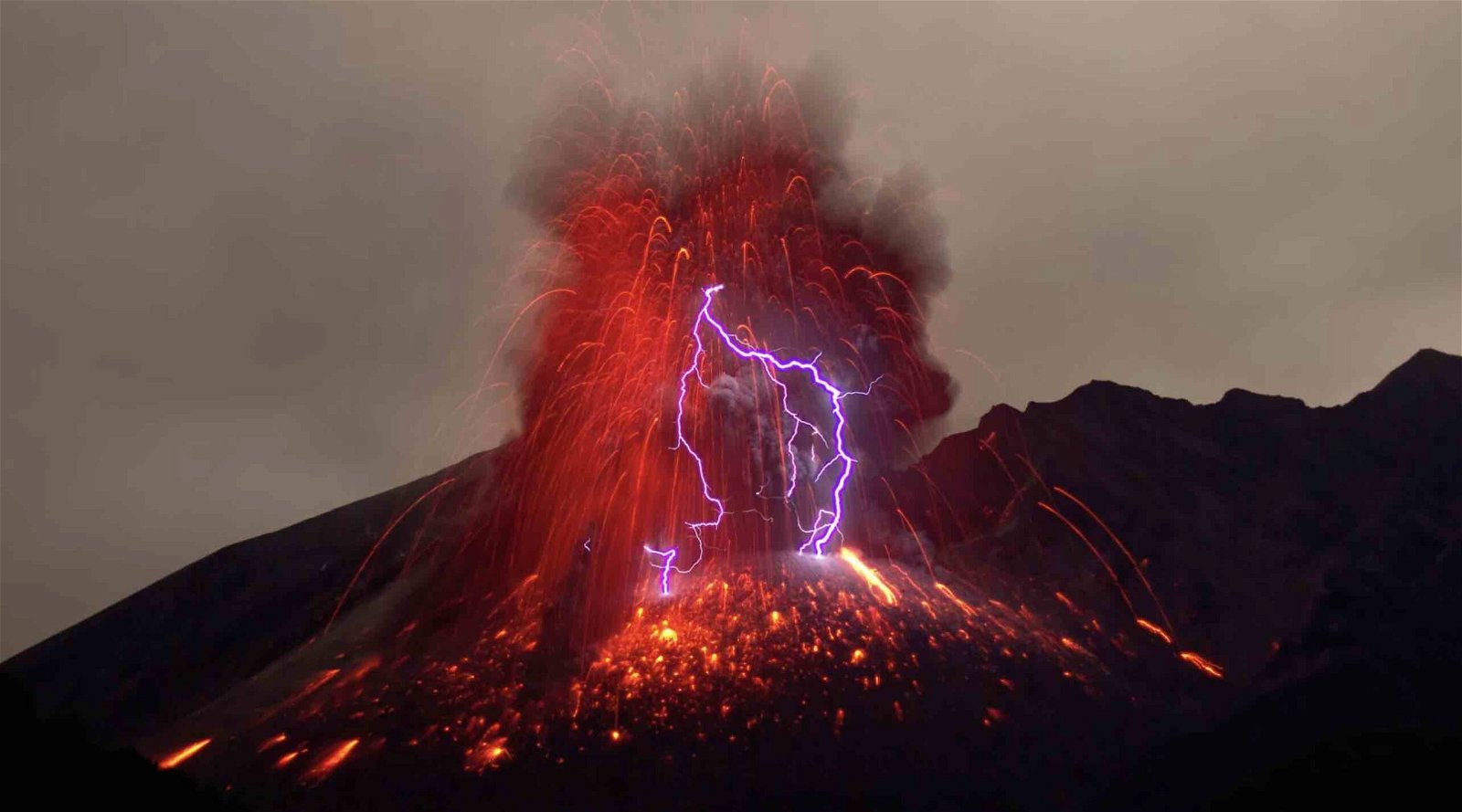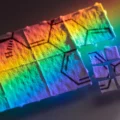In a new study, scientists have proposed that volcanic lightning may have played a pivotal role in sparking the origin of life on Earth. This phenomenon, characterized by intense electrical discharges during volcanic eruptions, could have fixed atmospheric nitrogen into nitrates, laying the foundational chemical building blocks necessary for the formation of amino acids, the precursors to life.
Published in the Proceedings of the National Academy of Sciences, the international team analyzed ancient volcanic deposits from Turkey, Italy, and Peru. They discovered significant amounts of nitrates, likely produced by the interaction between volcanic ash and lightning, suggesting a new perspective on how life’s essential elements were synthesized in Earth’s primordial environment.
Volcanic lightning occurs when volcanic eruptions eject ash, rocks, and volcanic gases into the atmosphere, creating conditions ripe for electrical discharge. The intense energy from volcanic lightning is capable of breaking molecular bonds, allowing nitrogen in the atmosphere to combine with oxygen to form nitrates. Once these bonds are broken, the nitrogen atoms can react with oxygen, present in the atmosphere or the volcanic materials themselves, to form nitrates.
These nitrates eventually find themselves back on the planet’s surface, and because they are soluble, they can be washed into the Earth’s soil and water bodies, where they become accessible nutrients for developing biological organisms, acting as a crucial stepping stone in the synthesis of amino acids, the building blocks of life.
The significance of this study lies in its potential to answer the longstanding question of how the Earth’s atmosphere transitioned from being rich in nitrogen gas, which is relatively inert, to containing fixed forms of nitrogen that could be incorporated into living organisms. Traditional theories have pointed towards lightning from thunderstorms or the action of certain bacteria as primary sources of nitrogen fixation. However, this new research highlights volcanic lightning as a potent and previously underestimated force capable of generating the large quantities of nitrates necessary for kick-starting life.
In their investigation, the team ventured to ancient volcanic sites, where they collected and analyzed samples containing unusually high levels of nitrates. Their findings suggest that these nitrates were not directly emitted by the volcanoes but were instead formed through the interaction of volcanic lightning with the ejected materials.
Moreover, this study could help point the way in searching for life on exoplanets. Any exoplanet with volcanic activity and a nitrogen-rich atmosphere could, theoretically, undergo a similar process. While it’s only a theory, volcanic lightning as a catalyst for the formation of life underscores the complexity and interconnectedness of geological and biochemical processes.
MJ Banias is a journalist who covers security and technology. He is the host of The Debrief Weekly Report. You can email MJ at mj@thedebrief.org or follow him on Twitter @mjbanias.

